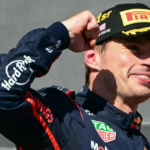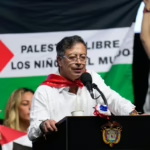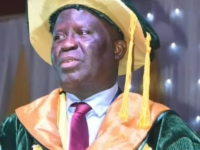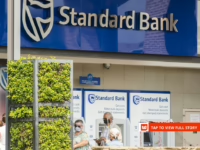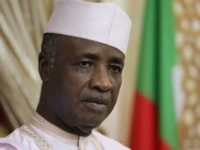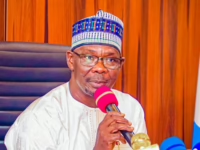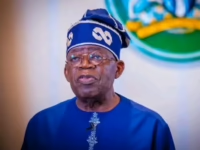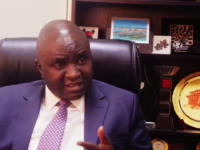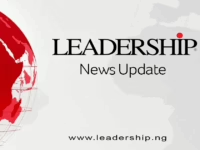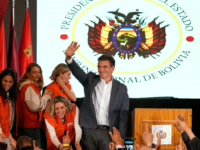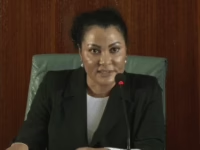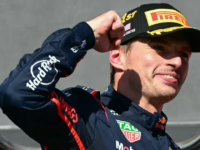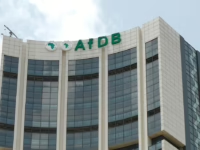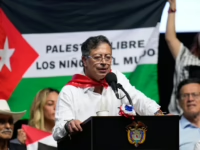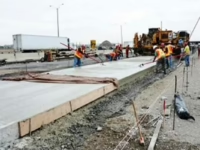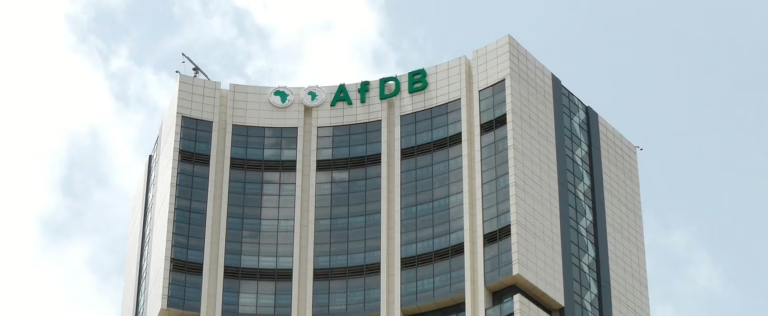Nigeria is pioneering an innovative financing framework aimed at unlocking billions of dollars for infrastructure development both within the country and across the African continent.
Farooq Oreagba, Managing Director and CEO of NG Clearing Limited, shared insights with LEADERSHIP during the recent 2025 IMF/World Bank Annual Meetings in Washington DC. He revealed that this groundbreaking initiative, crafted in partnership with the African Development Bank (AfDB) and other multilateral organizations, is designed to close Africa’s longstanding infrastructure funding gap. The approach employs sophisticated financial mechanisms enabling development lenders to extend greater credit without straining their balance sheets.
“We have engineered a system that permits multilaterals to issue loans without impacting their balance sheets. This innovation means they can now amplify their lending capacity substantially. For instance, where previously only $20 billion could be recorded, this could now expand to $50, $60, or even $70 billion,” Oreagba explained.
He emphasized that this proposal has garnered considerable enthusiasm from key players and holds the potential to dramatically boost capital inflows into African markets, especially when integrated with public-private partnership (PPP) frameworks and clear government commitment.
“The enforcement of the rule of law is crucial. The private sector needs assurance that governments are genuinely invested in these projects. When that confidence exists, private investment follows swiftly,” he noted.
Oreagba also disclosed that dialogues with multilateral agencies and private investors commenced prior to President Tinubu’s administration and have now advanced to critical stages. “We have developed a solution that excites the President greatly. We are preparing for another meeting to finalize our strategy,” he added.
Highlighting the broader scope of the initiative, Oreagba described it as a pan-African financing model aimed at attracting sustainable investment to emerging economies. “This is not merely a Nigerian fix. My mission here was to engage donors, gather feedback, and announce to the world that Africa is poised to launch a fresh approach to bridging its infrastructure deficit,” he stated.
Regarding Nigeria’s rising stature on the global economic stage, Oreagba acknowledged the positive recognition from institutions like the IMF, World Bank, and AfDB but stressed that such praise must translate into real improvements for the populace.
“I proudly represent Nigeria across various fields-be it finance, culture, or even equestrian pursuits. However, those who commend us today will hold us accountable tomorrow if we fail to deliver results. Ultimately, success hinges on fulfilling our commitments,” he remarked.
Despite existing hurdles, Oreagba remains hopeful that Nigeria’s revitalized reform agenda combined with innovative financing models will reposition the nation as a premier investment hub. He confirmed that international financiers have responded enthusiastically, with numerous high-level discussions taking place during the Washington meetings.
He praised the private sector’s responsiveness, adding, “My biggest challenge is navigating bureaucracy, but once government officials realize the financial opportunities, they become attentive. By this time next year, I expect to showcase tangible progress-and perhaps, I might even bring a horse along.”


